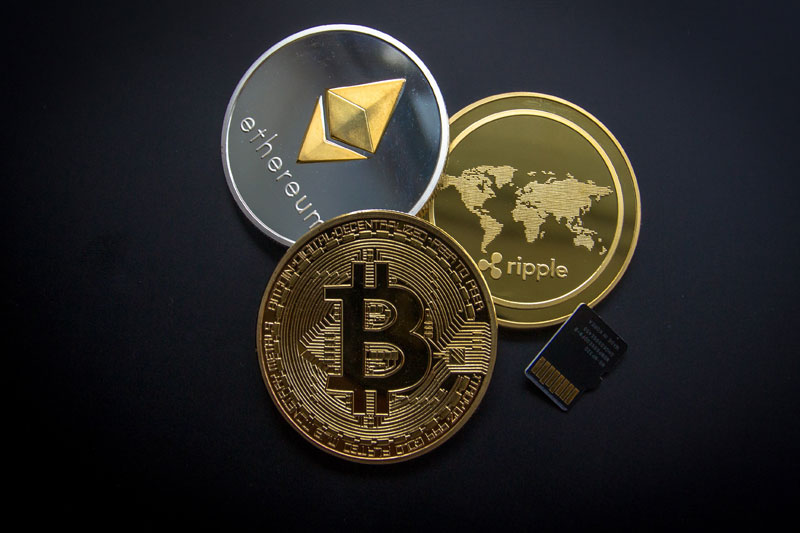They say you can lose your shirt by gambling - but now you can lose your skin, too.
Like it or not (and many gamers don’t), modern titles revolve around virtual goods - from weapon enhancements to character power-ups - which can be either earned or bought, often in surprise loot boxes.
But those goods, or “skins,” don’t just have value in-game. Valve’s Steam Community Market allows players of titles like Counter-Strike: Global Offensive to buy and sell items with each other. And the addition of an API allows third-party sites to also utilize those skins.
Cue “skin gambling.” In the last couple of years, we have seen the emergence of unofficial betting websites that allow players to use their skins as currency with which to play online casino roulette, dice and coin-flip games.
While the world has fretted over whether simple loot boxes should be regulated as gambling, a real virtual goods gambling trend has exploded, with hundreds of unregulated new operators, booming search interest, business reaching into the millions - and a host of problems.
The confluence of video games and gambling, if managed effectively, could kickstart a green-field revolution and a legitimate growth opportunity for new-wave gaming. But, first, it is going to have to clean up.
1. Stop the scams
Google (NASDAQ:GOOGL) “skin gambling” and you’ll soon see what a murky world it is today, plagued by several high-profile scams.
For instance, two YouTubers posted videos showing viewers how they could reap big winnings by playing CS:GO Lotto, failing to disclose that they, i...
